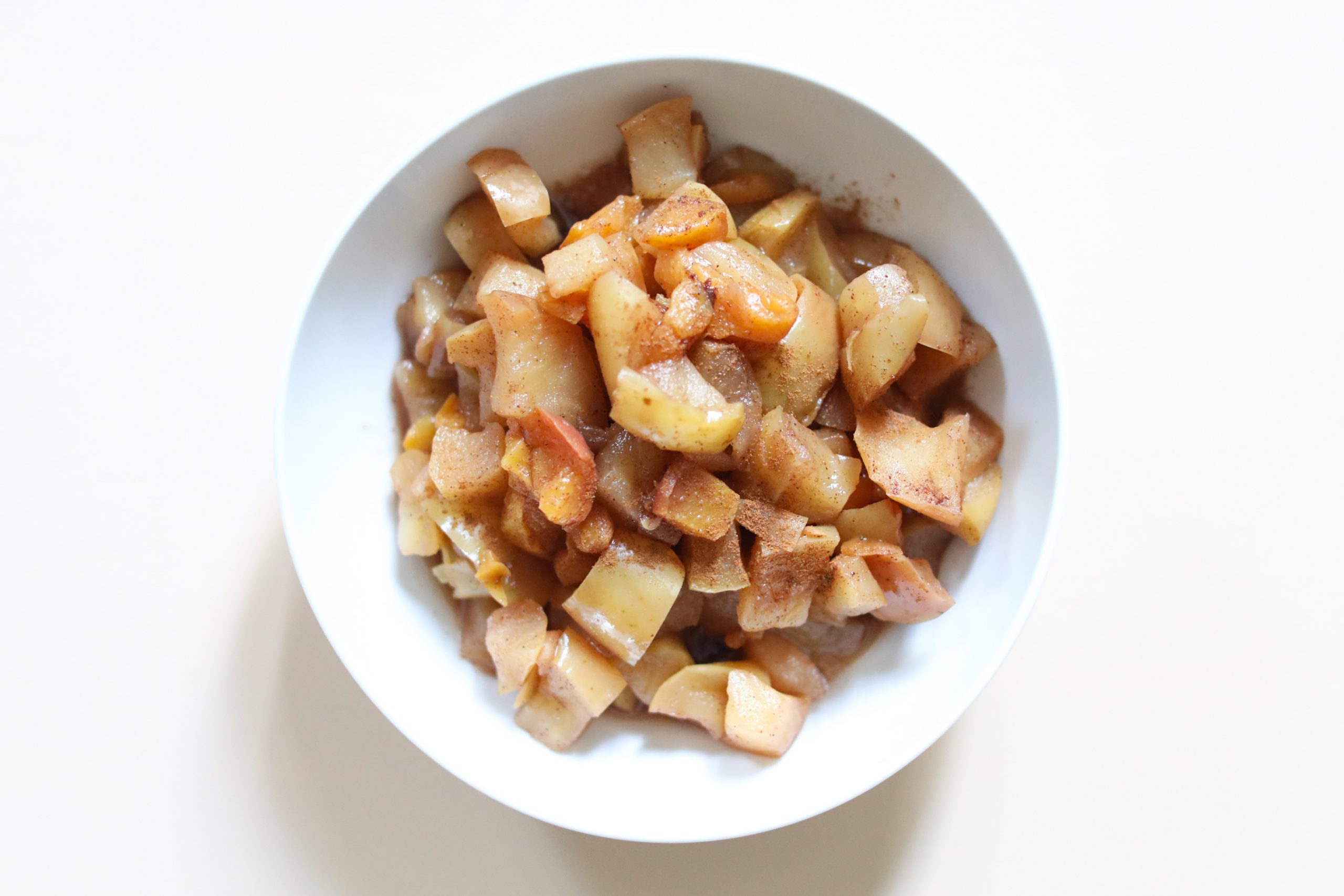From beefless bourguignon and “not dogs” to beetroot and mushrooms, the Olympic Village in Paris is bringing a food revolution. French classics are being reimagined while both athletes and spectators are be encouraged to reduce their carbon footprint.
French Cuisine at the Olympics
“We’re in France, so food is important,” said Georgina Grenon, environmental excellence director for Paris 2024. “But it is about presenting another way to eat deliciously, even in a fast-paced way, like vegetarian hamburgers and hotdogs at a stadium.”
French cuisine is known for its rich, often meaty dishes. Still, culinary adviser Vincent Gillot, who devised the dishes, said they will live up to the expectations while being healthier and better for the environment.
“It’s vegan, so good for everything related to a balanced diet and for health too. It’s lighter for everything related to sport. It can fit into the diet of athletes,” Gillot mentioned.
Ecofriendly Eating
The menu is part of an effort to slash the event’s carbon footprint by 50%. Global sports events, like the Olympics or football World Cups, often produce a surge of emissions. However, through a series of sustainable measures, France wants to slash emissions and make Paris 2024 the most sustainable Olympics in history.
As the world’s largest and most multicultural dining setup, the Olympic Village Restaurant faces the daunting task of satisfying the diverse cultural, religious, and nutritional needs of 15,000 athletes across 32 sports. Here too, plant-based foods come in handy. There are very few religions or cultures against eating vegetables, so quinoa and falafels should be okay with almost everyone.
Meat production is a major contributor to global emissions. Agriculture, as a whole, accounts for around a third of our emissions, and meat production accounts for a disproportionately high percentage of that. In fact, if you want to reduce your carbon footprint, cutting down on meat (even not entirely) is one of the best things you can do. In Paris, the environment is of core importance — and it’s not just emissions.
Gillot and his team have ensured that all meat, eggs, dairy, and seafood are sourced within a 250-kilometer radius of Paris. They have prioritized organic farms or farms transitioning to organic. The exceptions are Fairtrade coffee and chocolate, alongside half a million bananas shipped from the French Caribbean to minimize carbon emissions. Waste management is also a priority, with food rescue organizations distributing surplus to those in need and used coffee grounds being repurposed as fertilizer.
For the first time, the Olympic Village will use washable plates, a nod to reducing single-use plastics. The canteens for staff and volunteers will also feature a significant number of vegetarian meals, some days offering only plant-based options. Philipp Würz, in charge of catering for the Paris 2024 organizing committee, notes that the aim is to reverse the trend of vegetarian options being an afterthought.
Olympic Food

There will be around 13 million meals served to athletes, staff, fans, and everyone else on the premises. Out of them, 40,000 meals will be served every day in the Olympic Village athletes’ restaurant, comprising 500 approved recipes sourced from all around the world. No matter where the athletes are from, they will find something they are familiar with that is appropriate for their calorie and macronutrient intake.
All this being considered, however, some days will only feature vegetarian options.
Würz said that the committee wanted to ensure that vegetarian options are not simply an afterthought. “Here, vegetarian is the majority, meat options are there but fewer in number.”
The organization has paid close attention to athlete nutrition, but also to their preference. Data from previous events has showed that across many sports, pizza (after the competition) is a favorite.
“We’re not just feeding sports people before their events – when their competition is over, they may want to relax and tuck in. At that point, a good pizza is surprisingly in demand.”
The focus on plant-based meals is not just an environmental decision but also a diplomatic one, showcasing France’s ability to adapt and innovate. The international popularity of kimchi after the 1988 Seoul Olympics is a testament to how global sporting events can influence culinary trends.
The rise of plant-based athletics
However, catering to such a diverse group of athletes poses its own challenges. Food preferences are deeply personal and can affect performance. For instance, Jamaican sprinter Usain Bolt famously relied on McDonald’s chicken nuggets during the 2008 Beijing Olympics. In Paris, many athletes are bringing their own food for familiarity and comfort. For instance, Australian athletes are bringing their own Vegemite, meat pies, and breakfast cereals.
But some athletes will work with Paris’ decisions.
Paris 2024 will see numerous vegetarian and vegan athletes competing, including Brazilian footballer Marina Fioravanti and Australian track star Morgan Mitchell. While athletes with plant-based diets are still a small minority, they’re enough to tackle the myth that you need meat for athletic performance. And if it’s good enough for the athletes, the fans have no real excuse.
For France, it’s also an opportunity to show its commitment to sustainability in one of the aspects it cares about most: food.
France, known for its rich culinary traditions, consumes the highest amount of beef and veal per inhabitant in Europe. The Olympic Games present a chance to rebrand French gastronomy, showcasing it as a pioneer in plant-based cuisine.
The Paris 2024 Olympics represent a significant step forward in promoting sustainable practices on a global stage. By embracing plant-based cuisine and minimizing waste, the Games set a new standard for major sporting events. The focus on locally sourced ingredients and innovative, delicious vegetarian dishes showcases France’s ability to adapt its rich culinary heritage to modern sustainability goals.
Thanks for your feedback!












/https://tf-cmsv2-smithsonianmag-media.s3.amazonaws.com/filer_public/d1/82/d18228f6-d319-4525-bb18-78b829f0791f/mammalevolution_web.jpg)







Discussion about this post